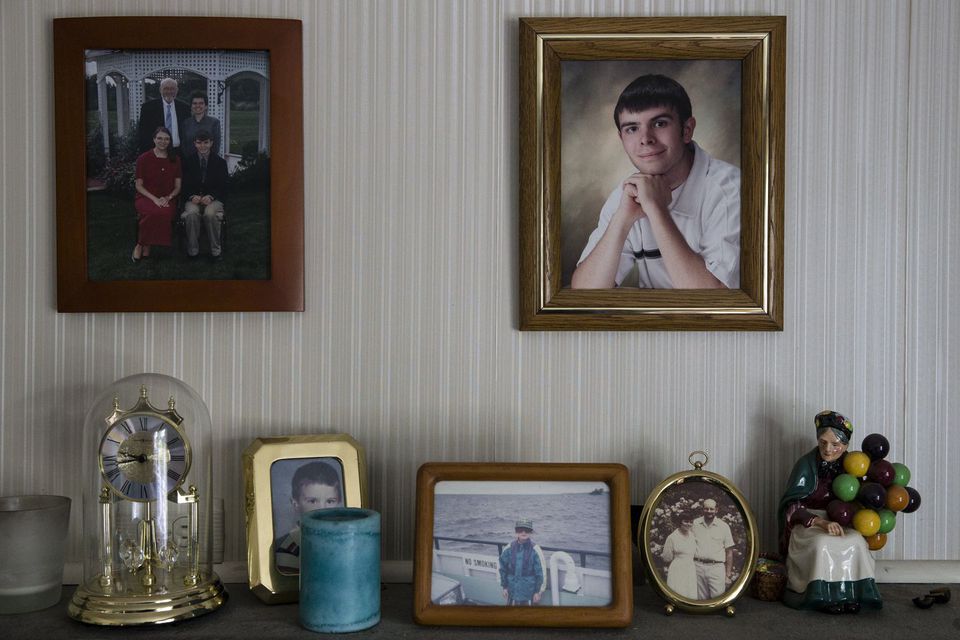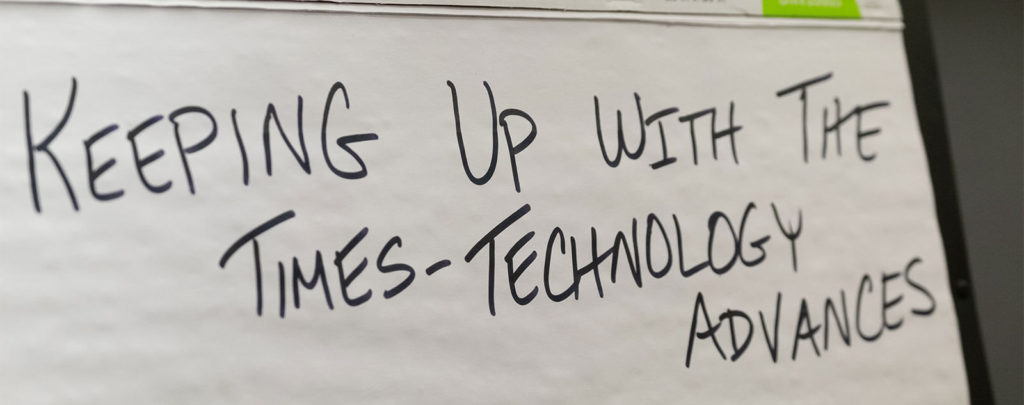Printed by permission of the Boston Globe
By Felice J. Freyer Globe Staff, July 29, 2019

For more than a year, the Globe has been examining the opioid crisis in Massachusetts, searching to understand why so many are dying and, especially, what can be done about it. The result was a nine-part series that ended Sunday.
It’s a tragic story: young lives derailed, communities destroyed, parents hollowed out by grief. But as I wrap up the series, I’m heartened by the compassion and resolve of caregivers, and the courage and resilience of those struggling with addiction.
Here are a few of my takeaways:
1. People don’t ‘fail treatment.’
Treatment fails them. Every person in recovery whom I interviewed had undergone many rounds in treatment that produced no lasting effect, before they found something that worked.
Addiction treatment programs grew up separately from the medical system, basing their practices on beliefs rather than science. There were few standards for what constitutes effective treatment and few efforts to measure success. Failure proved profitable, as people cycled back for repeated rounds of costly treatment.
The system has started to change in the past two or three years. Doctors are learning about addiction, and becoming more willing to treat it as they would any chronic illness. Treatment programs are updating their practices, and more options beyond the traditional “rehab” are available.
In particular, in Massachusetts there’s been a big push to increase access to medications — buprenorphine and methadone — proven to lower the risk of overdose and death from opioids.
But old attitudes linger. Just the other day, I received an e-mail from a Boston-area treatment program saying they “prefer” that their patients avoid buprenorphine or methadone and will “wean them off” those medications if they arrive already taking one of them.
2. Medications are not always enough.
Mike was hooked on heroin for 10 years. A string of expensive treatment programs failed to quiet his powerful need for the drug. Then he got a prescription for buprenorphine, best known by the trade name Suboxone. Taking medication was like flipping a switch. He was done with heroin and quickly resumed a full life.
But not everyone follows such a trajectory.
Taking one of the medications used to treat opioid addiction can make a person feel normal again. For those haunted by memories of childhood abuse, or abandoned by their families, or lacking a job, a home, or anything to look forward to, feeling “normal” can be intolerable. Even if heroin loses its kick, some still seek other mind-altering drugs, at least for a time.
The medication can clear a path, but often more help is needed to make the hike toward a new life.
3. People need jobs and housing.
I’ve heard about employers offering training in the overdose-reversing drug naloxone and keeping naloxone kits on hand. That’s great. But I have heard much less about employers making a special effort to support employees in recovery or hire people in recovery. How about publicly stating that a history of addiction won’t disqualify people from working at your company? How about developing a recovery-friendly workplace?
4. Some won’t or can’t stop.
We rightly celebrate people who have achieved long-term recovery. But it’s worth remembering that anyone using drugs today could be sober tomorrow, if given enough time and opportunity.
Also, some people may never be able or willing to stop using. They’re still people, worthy of respect — and health care.
And if someone cuts back on drug use, or learns to inject safely to avoid deadly infections, that’s cause for celebration, too.
5. Stigma persists.
A young man I met had overcome heroin addiction, rising from homelessness to full-time employment. He was proud of this achievement and wanted to share it publicly. But when a new career opportunity came his way — his dream job — he realized going public could jeopardize his chances. He stayed silent, and got his dream job. I’m happy for him. I’ll be even happier when we live in a world where people like him can feel free to tell their stories.
Felice J. Freyer can be reached at [email protected]. Follow her on Twitter @felicejfreyer


